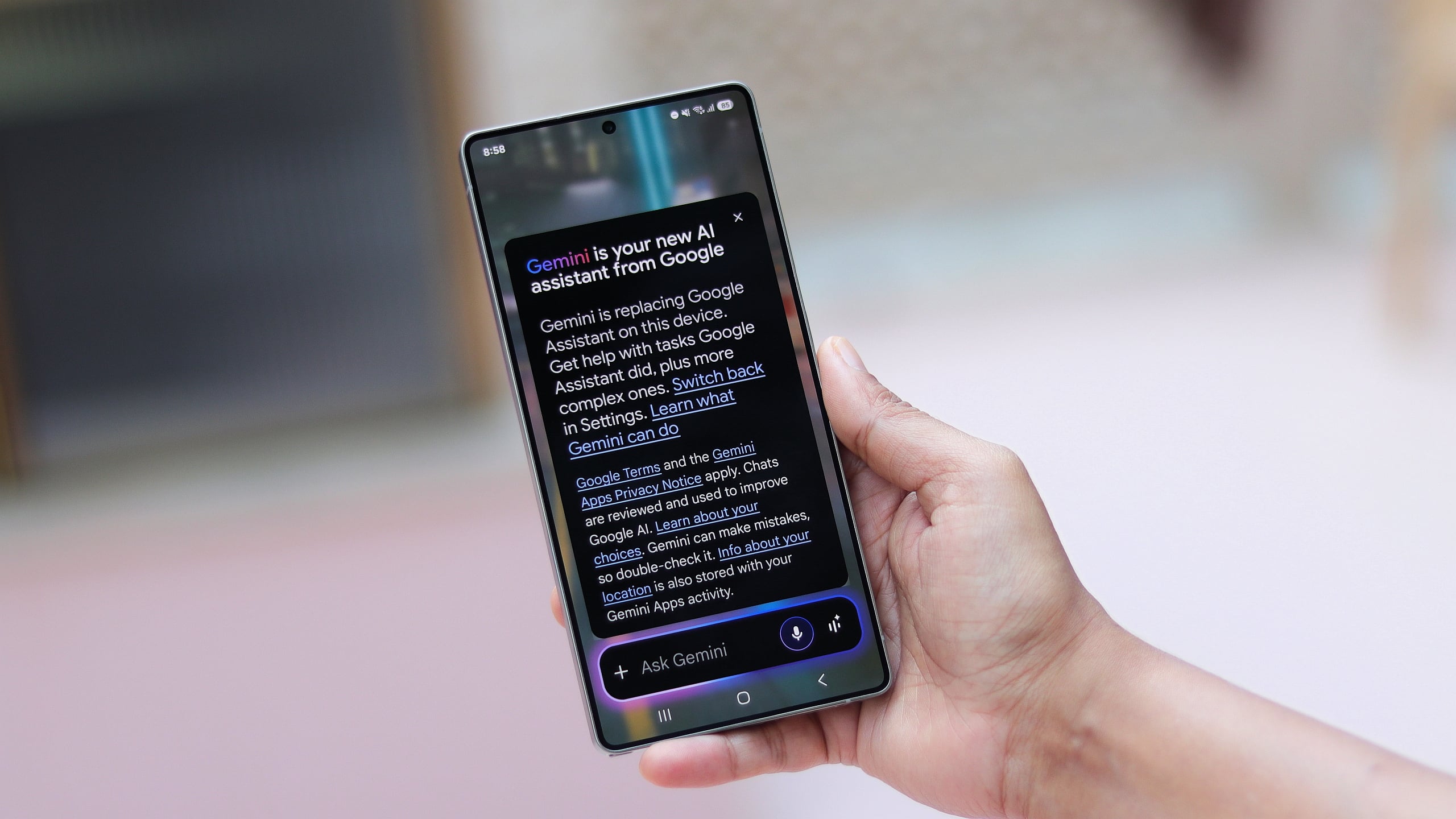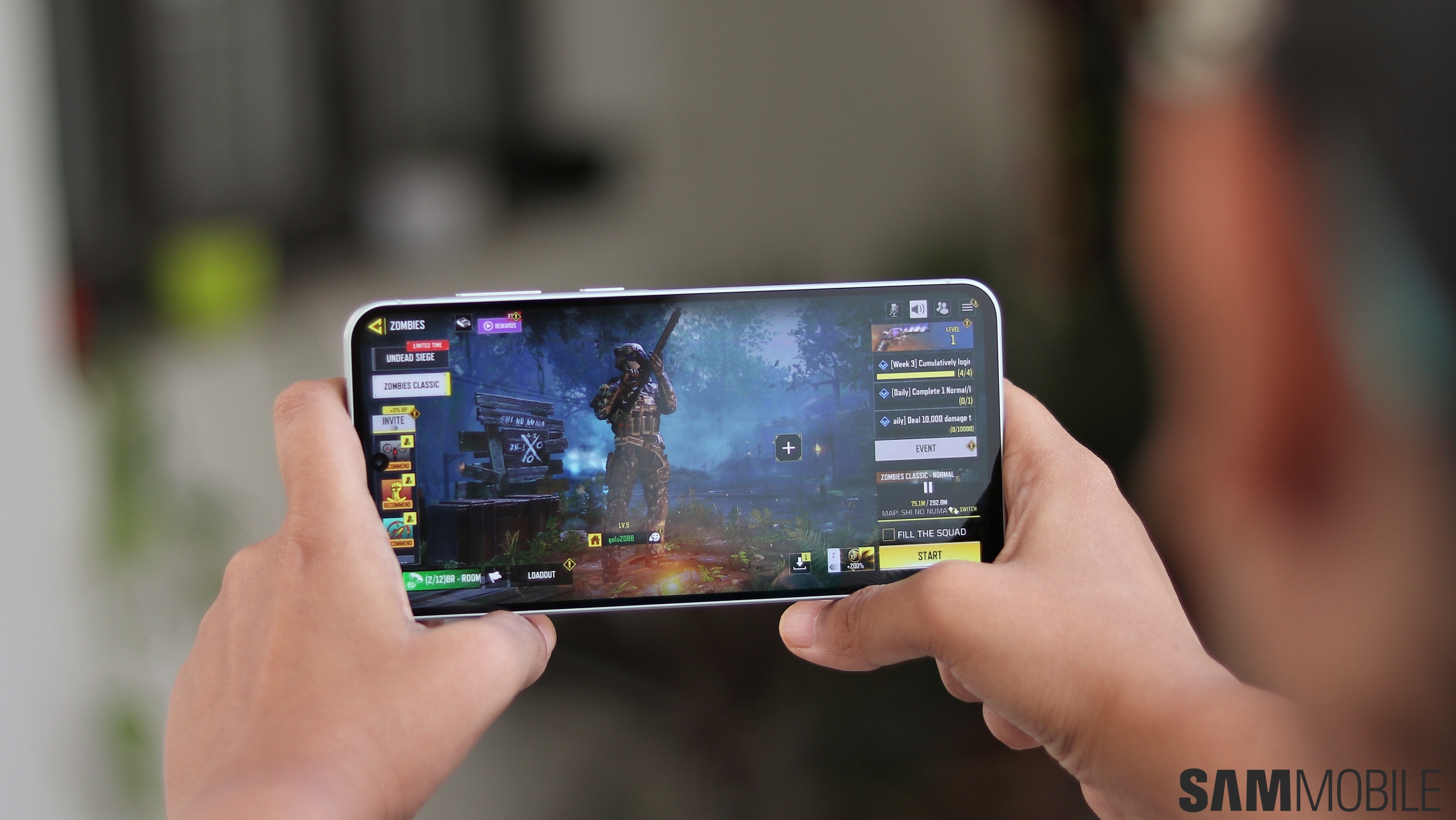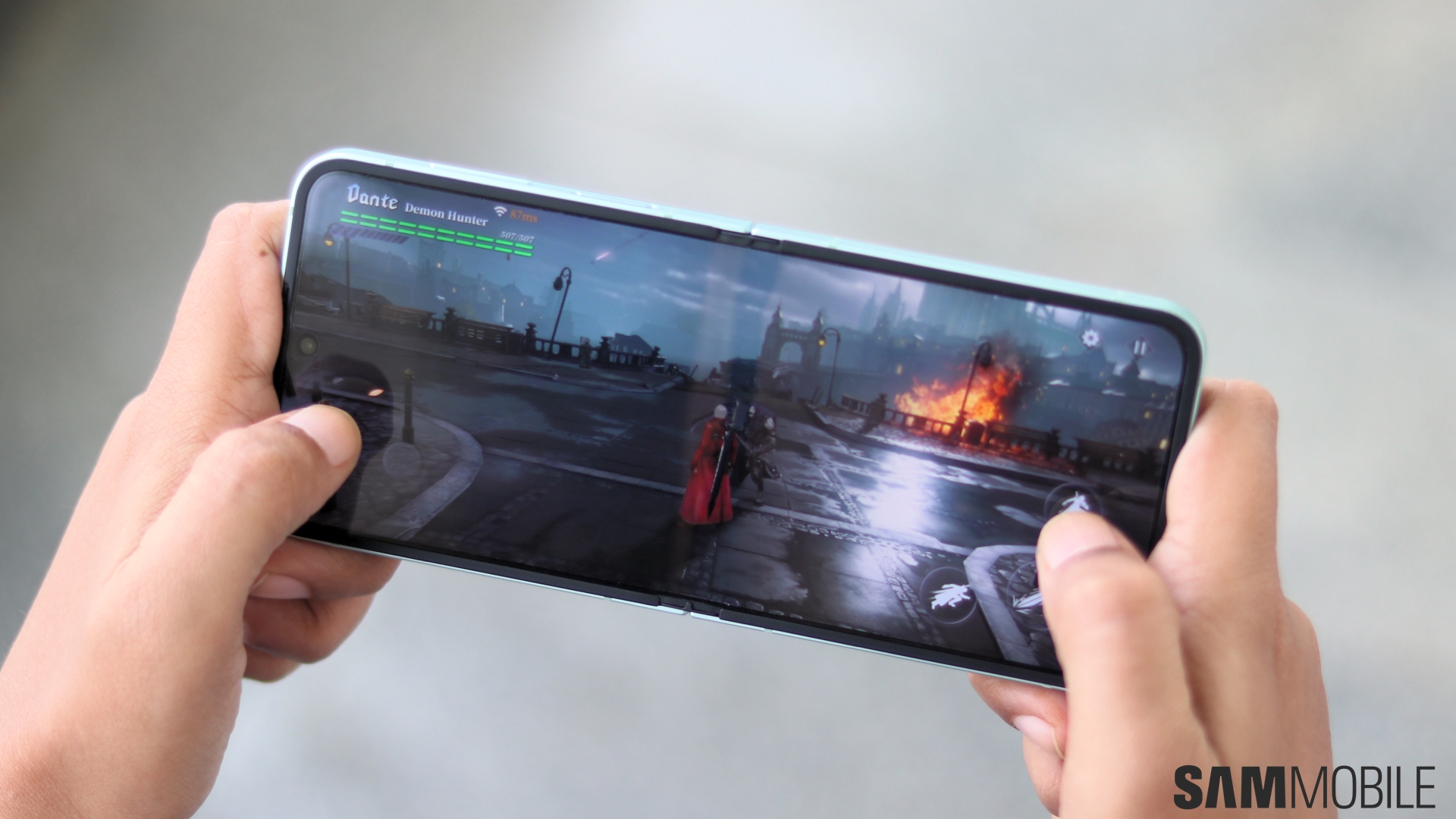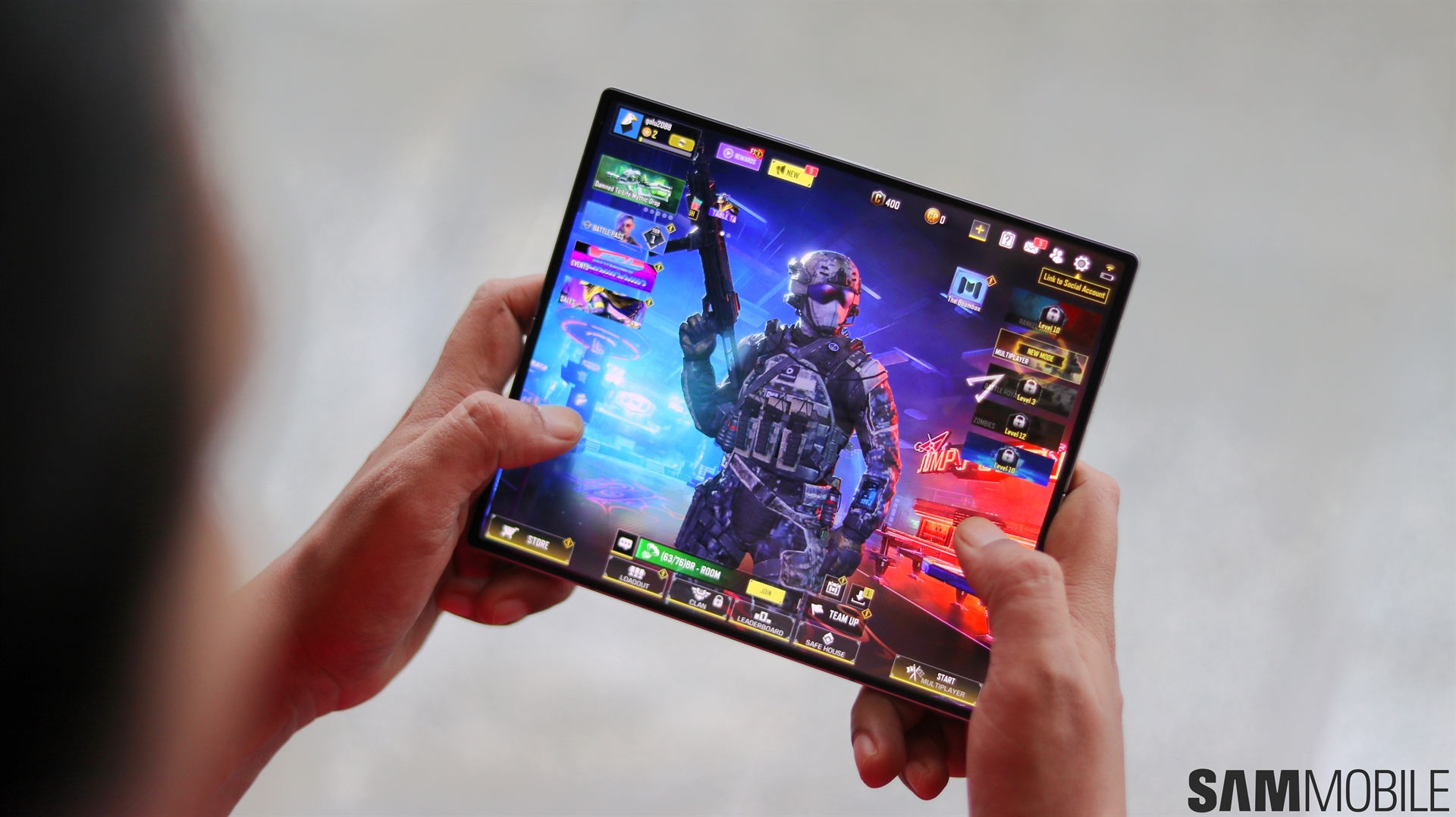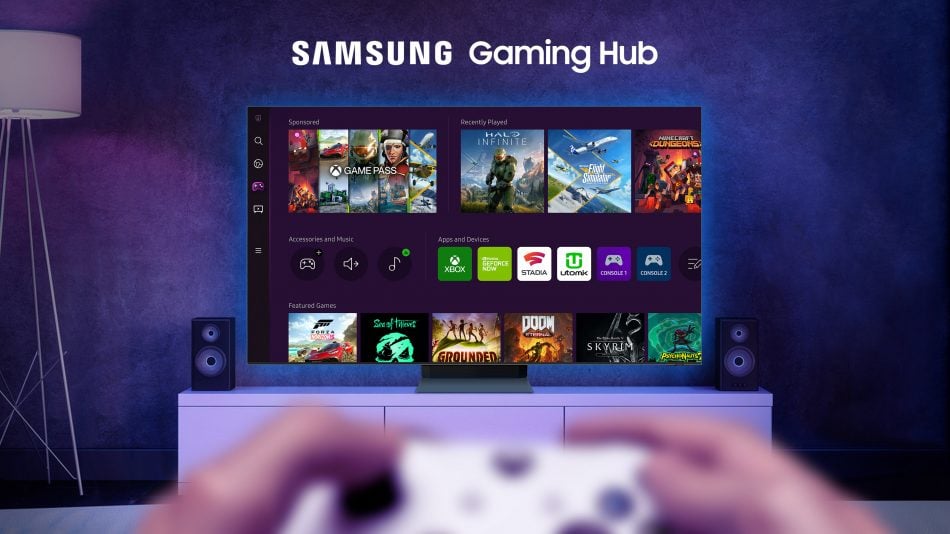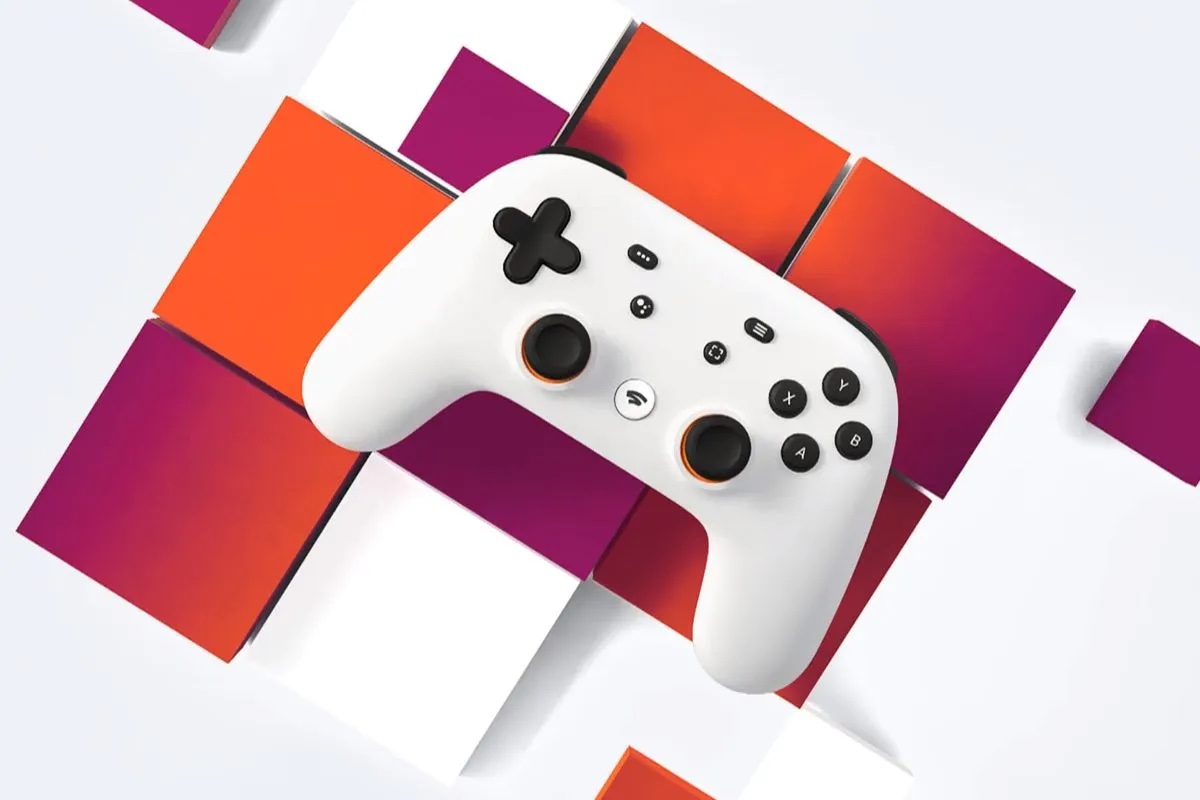
Google will refund all the Stadia hardware customers have purchased through the Google Store. Likewise, Google will refund all the games and add-on content purchases made through the Stadia store, and players will have access to their games library until January 18, 2023. The company expects the majority of refunds to be completed by mid-January.
Samsung Gaming Hub has one less cloud-based platform, but how big a loss is it?
Stadia is one of the cloud gaming platforms available through Samsung's Gaming Hub on 2022-and-later smart TVs. Needless to say, Gaming Hub users will be subjected to the same Stadia retirement schedule planned out by Google, meaning that the platform will no longer be accessible through the Gaming Hub early next year.
Is this a huge loss? Probably not. Google Stadia is one of the least friendly cloud gaming platforms around, as it requires customers to buy their games in the cloud before they can stream them. The platform lacks any sense of game ownership, and on top of that, it fails to play on its strengths and doesn't offer the convenience of other cloud services such as Xbox Game Pass.
Google launched Stadia in 2019 and pulled the plug on the platform because “it hasn't gained the traction with users that we expected.” It's safe to say that not many people will cry over its demise, regardless of whether they accessed the service through the Samsung Gaming Hub or otherwise.
As expected from Google, the company is looking to salvage its operations, so the foundation of Stadia will probably live on through other services offered by the search engine giant. Google says that the technology powering Stadia has been proven at scale and has the potential to be used across other parts of the Google ecosystem, including YouTube, Google Play, and augmented reality (AR).




